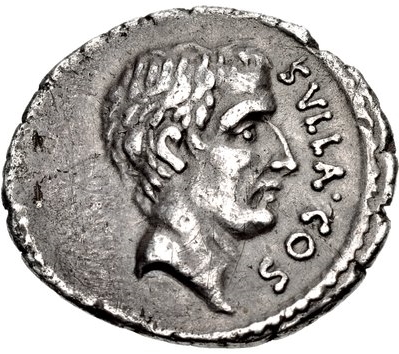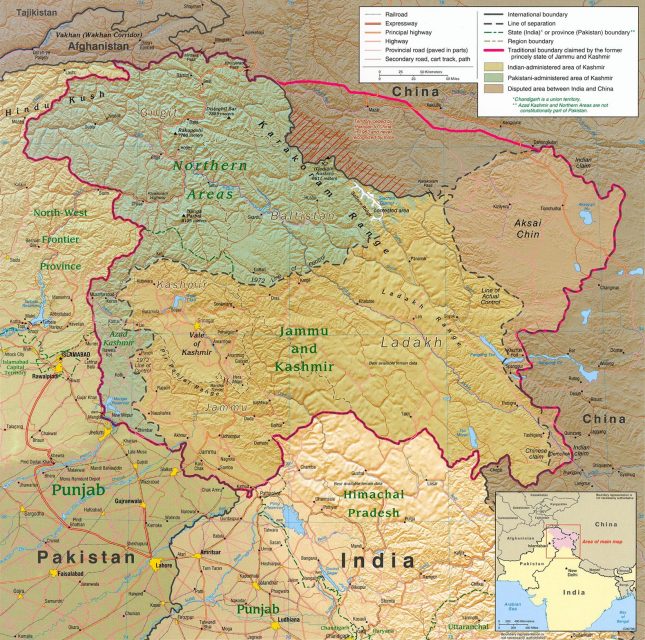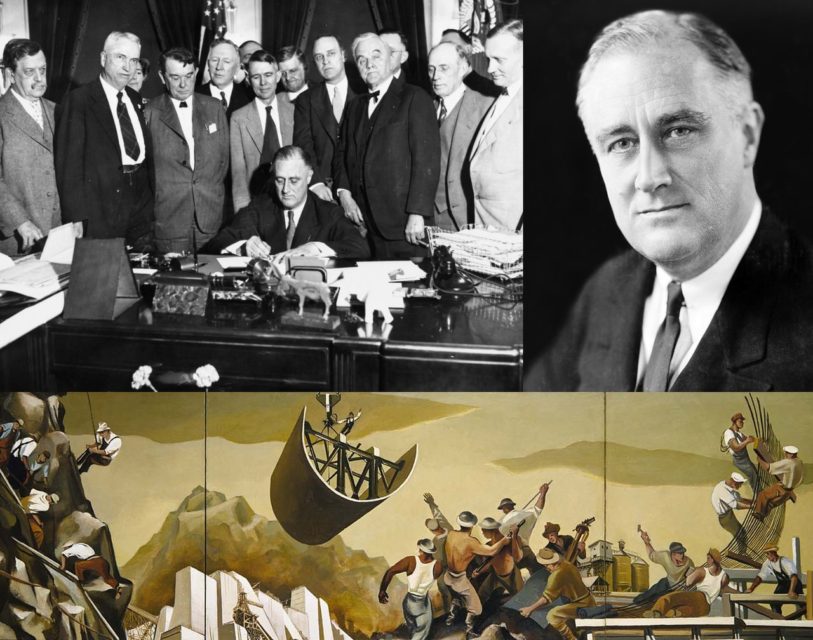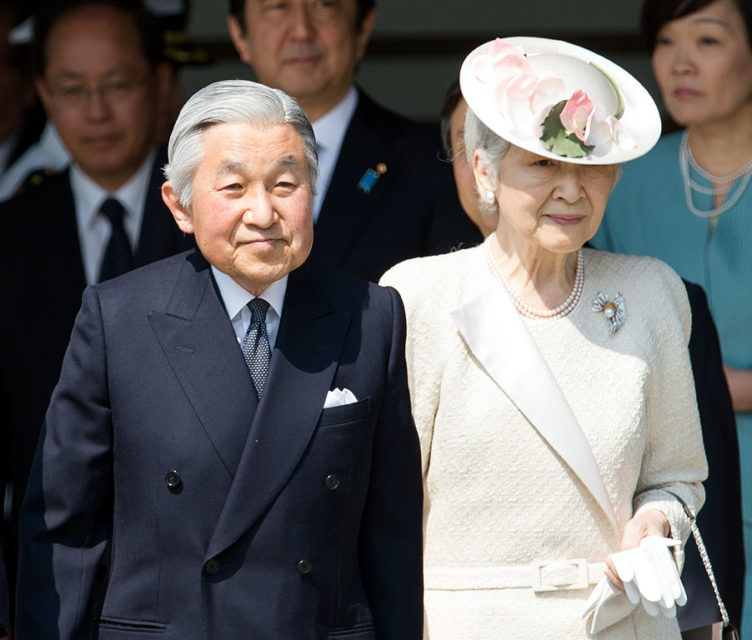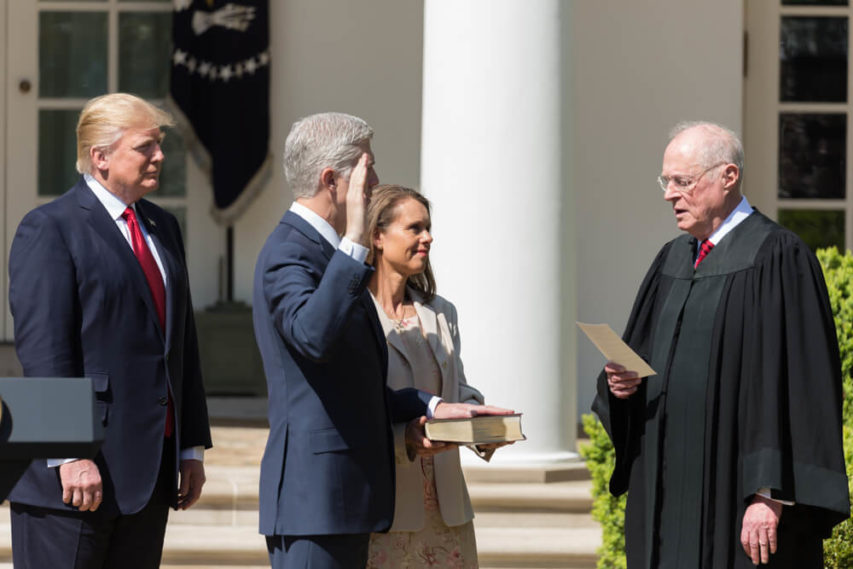Update: Apparently the Thread Reader App only picked up the first couple of entries (it worked fine when I queued it up for publication yesterday). Here’s the text version:
I just listened to the entire ethics commissioner’s report on the SNC-Lavalin scandal while driving back from Maine. I loaded up the text in my VoiceAloud app, hit play, and the audio kept me going for 3 hours, all the way into central New York State, along the I-90….
As with any narrative, you begin to identify with certain characters. In my case, it was @Puglaas. I found it especially maddening the way everyone around her kept babbling about finding a “solution,” which was their settled euphemism for bullying her into helping SNC…
The level of condescension exhibited by everyone in and around the PMO toward @Puglaas was breathtaking. These Liberal dudes always kept pretending that they just wanted to make sure she had enough “information,” as if she were a law student, not the AG of a G7 nation …
At the same time, it was breathtaking the way SNC Lavalin was essentially able to turn the entire PMO, and major ministries, into its personal lobbying operation. Texts, emails, calls, in-person visits… it was like SNC-Lavalin had Trudeau’s PMO on retainer, like a law firm ….
I hadn’t realized SNC was able to mobilize, or attempted to mobilize, not one, not two, but THREE former SC of Canada justices on its behalf. This is the sort of blurring between corporate & govt operations that u expect in banana republics (or in the Irvings’ New Brunswick)…
The fact trudeau & those around him still pretend this is about “jobs” is…I don’t even know the word for it. The ethics comm essentially called it a lie. This was about partisan politics. How can JT say he “accepts” the report without coming to terms with this core finding?
When this scandal & election is done, we need an inquiry that gets to the bottom of the larger issue here: how a single quebec corp, one heavily impugned by its own action, was able to essential create legislation to help itself, got trudeau to ram it thru on a budget omnibus…
And then spent weeks pulling every lever in ottawa to try to override our constitutional system of govt so they could get off the hook for alleged crimes, culminating in the actual reconstitution of cabinet. SNC turned our govt into a joke. And trudeau still sez it’s about “jobs”
If yr attitude is that u dont want to educate yourself about this scandal, bcuz the only thing that matters is hating @AndrewScheer (an attitude some ppl have candidly expressed) pls reconsider. Even if u vote Liberal, the scandal exposed problems in our system that need fixing
Conservative governments have no doubt been equally solicitous to big well-connected firms. Leftists *especially*, the same ones dismissing this scandal bcuz it interferes with their elxn narrative, should be horrified that corporations are treating @Bill_Morneau & PMO as puppets
The fact that all of these Libs can bleat “jobz jobz jobz” with a straight face isnt just a symptom of the amoral cynicism of politics (tho it is that). It reflect the fact that we canadians expect that big corps will get coddled like this. We need to end it
If youre @AndrewScheer or @theJagmeetSingh, it’s fine to rake the Libs over the coals for lying to us. But all politicians lie. Tell us how you’d fix the system structurally to ensure that the PMO isn’t acting as a pro bono hanger-on to a major corporation
And if you’re a progressive activist of a certain age, go back & look at all the things @NaomiAKlein @Sheila_Copps Judie Rebick etc warned us about during the free trade battles…corporations dictating terms to elected govts. Well, guess what ? That’s what’s on display here…
In fact, one of the most tragicomic subplots here is the Libs running around in full panic bcuz SNC was about to have a board meeting the next day… Yes, that’s right: Trudeau’s PMO prioritized important legal decisions on the basis of some company’s board meeting.
Because Jobz.What’s more, the full-court press on @Puglaas in the shadow of these meetings was itself based on another lie: Libs knew SNC HQ couldnt abandon quebec (till 2024) bcuz of representations made to Caisse in regard to purchase of a UK sub. Bullshit layered on bullshit
#BecauseJobzI keep coming back to @Puglaas, & how she must have felt. How many cdns have been in a job where yr boss & his minions tried to pressure u to find an unethical “solution,” to help the boss keep his own job? then when u did what was right, u get turfed 4 not being a “team player”
This isnt just about Trudeau. One galling episode described is a meeting in which @Bill_Morneau pontificates to @Puglaas about how she doesnt have enuf “information” about econ effects of possible SNC crim conviction. @Puglaas asks Morneau if he’s done a study on it. Answer: no.
We talk a lot about toxic workplaces for women. hard not to see how the dudes who Trudeau assigned to push @Puglaas around on this file aren’t guilty of this. Their strategy was to make her feel ignorant bcuz she did the right thing. The PMO gaslit their own justice minister
There are several female Liberal MPs whom I have come to know and respect, such as @juliedabrusin @cafreeland @JulieDzerowicz. It is mortifying to watch them being forced to line up in defence of this.
As for SNC itself, I don’t really blame it for doing what it did. If u were running a company and knew you could dictate terms to a govt, why not? The lesson to other CEOs would be that if youre accused of a crime, just threaten to lay ppl off and move your HQ. Problem solved.
final note…u can see y the Libs are going hard with demagoguery about @AndrewScheer being white supremacist-adjacent. A traditional leftist claim was that Tories would sell out to corporate interests. That’s a hard claim for Libs to make now. bcuz the Libs have already done it
It’s been a day since I wrote this thread, & some commenters are saying the SNC scandal shows Trudeau & the Libs are unscrupulous people. But I dont think that’s it. I have met some of these protagonists, and have found them to be *more* public-minded than the average citizen…
As noted in a response to @staceylnewman, the problem is that politics changes ppl. There’s a chilling quote in the report, from a meeting, where a Lib says to @Puglaas (paraphrasing here) “It doesn’t matter how great our policies are. We need to get re-elected to implement them”
To me, that sums everything up: The means justifies the ends, bcuz the ends (the “good” side wins power, & the “bad” side loses) are taken to have existential importance. That’s the myth that leads all politicians astray. If JT just admitted this, I bet many would forgive him


